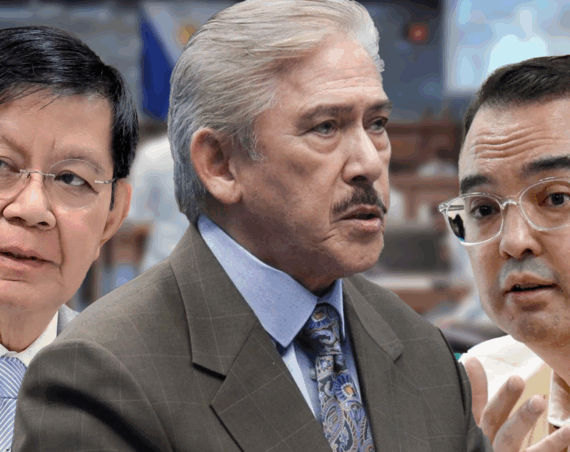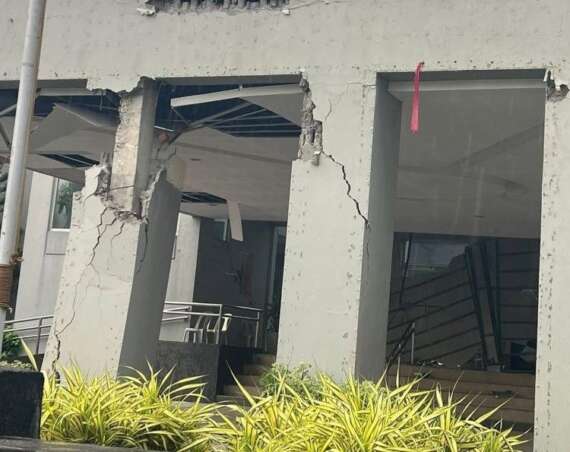When did we become a country so quick to suspend classes at the faintest hint of inconvenience?
Local officials today seem to wield the power to cancel school like a social media stunt, a button pressed for applause, hearts, and fleeting praise from students who will forget about it by the next viral meme.
No leader wins respect by gambling with education.
The Department of Education (DepEd) was right to remind local government units that prudence, not paranoia, must guide decisions on class suspensions.
Laguna Governor Sol Aragones’ two-week province-wide suspension due to “precaution” against earthquakes is a textbook case of excess.
There is no scientific basis for predicting an earthquake, and certainly none for paralyzing education for half a month because one might strike.
It’s policy-making based on fear and social pressure, not facts or foresight.
What these decisions reveal is a dangerous mindset: that public approval matters more than public responsibility.
Some officials seem convinced that they can win sympathy from Gen Z and Gen Alpha by giving them surprise vacations.
Young people may shower you with likes today, but they’ll still despise the system tomorrow.
Political points cannot be earned from coddling students. Only respect can, and respect comes from showing courage to do what’s right even when it’s unpopular.
No one is questioning legitimate suspensions. Typhoons, floods, volcanic eruptions, these are real, measurable threats with advisories from PAGASA or Phivolcs.
But cancelling classes because of imagined disasters or exaggerated hazards undermines trust in institutions and trivializes real emergencies.
The next time an actual calamity looms, will the public even take warnings seriously after weeks of false alarms? Crying wolf is not leadership.
Let’s not forget the parents, the silent casualties of these impulsive orders. Many wake up before dawn, commuting to work while ensuring their children make it to school.
Every unnecessary cancellation disrupts livelihoods, wastes fare money, and upends daily routines. More tragically, it tells children that education is negotiable, that comfort trumps commitment. Is this the message we want to send to the next generation?
Remember this: nine out of ten Filipino children aged ten cannot understand an age-appropriate text, according to the World Bank. Hindi marunong magbasa.
Every unnecessary suspension widens that learning gap. Vietnam, Malaysia, Indonesia: our neighbors are racing ahead, producing skilled and adaptive youth ready for the next century.
Meanwhile, we are raising a generation accustomed to excuses and laziness.
Education in the Philippines is already hanging by a thread: overcrowded classrooms, underpaid teachers, chronic malnutrition, and learning poverty that borders on national shame.
To further erode learning time through excessive suspensions is nothing short of sabotage.
It’s a betrayal of the country’s most vulnerable: the children who depend on school as their only ladder out of poverty.
We can forgive honest caution, but not cowardice disguised as care.
The nation’s leaders must stop chasing social media validation and start fighting for educational recovery.
If we truly care about children, we’ll protect not just their safety, but their minds. Because no earthquake or typhoon will ever do as much damage to this country as another generation left uneducated.





On the ₱879,000 body cameras: Sen. Raffy Tulfo, firing the BAC is barely scratching the surface